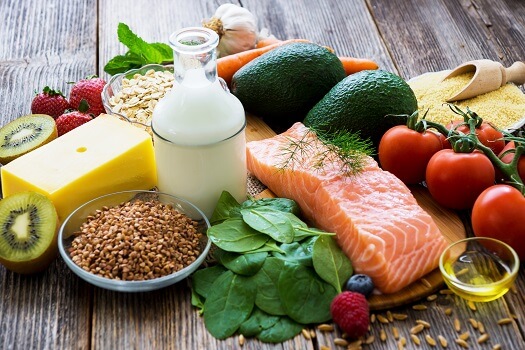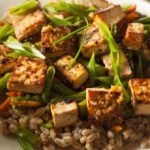The management of Stomas and Colostomies can be quite daunting for both staff and residents in aged care homes. Many dietitians find that there is a lot of confusion with special diets and colostomy’s.
What is it and why do some people have it?
A colostomy is an opening in the belly that connects to part of the large bowel (colon). The opening (called a stoma) is made during surgery. Part of the colon is brought through this opening and is attached to the skin on the belly. A bag is then attached to the skin to collect waste.
Some conditions which may require colostomies include bowel cancer, inflammatory bowel disease, diverticular disease or serious injury to the bowel. Colostomies can be temporary or permanent.
Myth/Fact: Special Diet for Colostomy
Residents do not need to be on a special diet if they have a colostomy! There are no dietary restrictions. A person will continue to digest and absorb nutrients normally in the small bowel. A healthy balanced diet and adequate hydration should be encouraged for all residents, even with a colostomy. All things considered important for healthy bowels is just as important for residents with a colostomy. This includes bread, cereals, rice, pasta, noodles, vegetables, fruit, dairy products, meat and protein items.
Residents should not be unnecessarily avoiding major food groups as there is still a risk of malnutrition and frailty. If you find that a resident is doing so, it might be worth asking your dietitian to have this discussion with the resident.
What is Normal Output?
Colostomy output will vary from person to person. Initially after surgery, the output may be loose or more liquid for a short time. Overtime, the bowels will adapt and begin to absorb more fluid. Some people will have output 3 times a day while other may go 2-3 days between bowel movements. This will all depend on how regular the resident was prior to surgery, their current diet and how much large bowel was removed or bypassed during surgery.
Wind and Odour
Initially after surgery the stoma may product more wind than usual, but this will usually settle over time. Some foods may increase wind and odour. It is important to remember that wind is normal part of bowel function but may be more noticeable with a stoma.
- Cabbage, onions, cauliflower, broccoli, legumes, asparagus, peas, beans and soft drinks.
- Smoking and drinking alcohol
- Fish, garlic, leeks and eggs can increase odour
Again, if you find that residents are particularly concerned with their output, encouraging a discussion with the dietitian may put these concerns at ease, reducing the need to restrict foods unnecessarily.
Blockages
The stoma may have undigested food that may become stuck and not pass through. Foods that are mostly likely to cause obstructions are fibrous, stringy foods when eaten in large amounts and not chewed well. This includes fruit and vegetable skins, sweet corn and celery. These foods should still not be avoided, but a bit of care can be taken by encouraging residents to chew well and not eat fibrous foods in large amounts.



